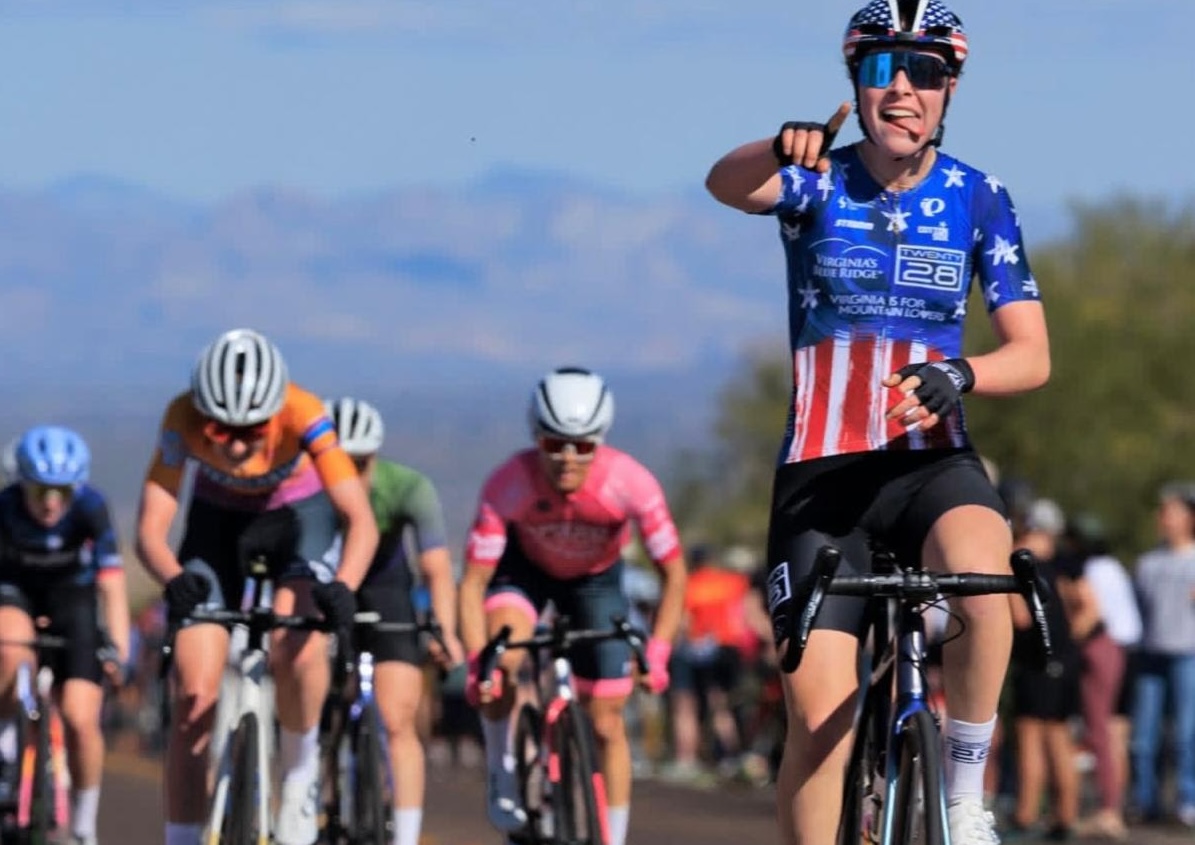Riders praise Tour of Utah's shortened stages
Seven-day 2.HC race was 110.5km shorter than in 2018
The latest race content, interviews, features, reviews and expert buying guides, direct to your inbox!
You are now subscribed
Your newsletter sign-up was successful
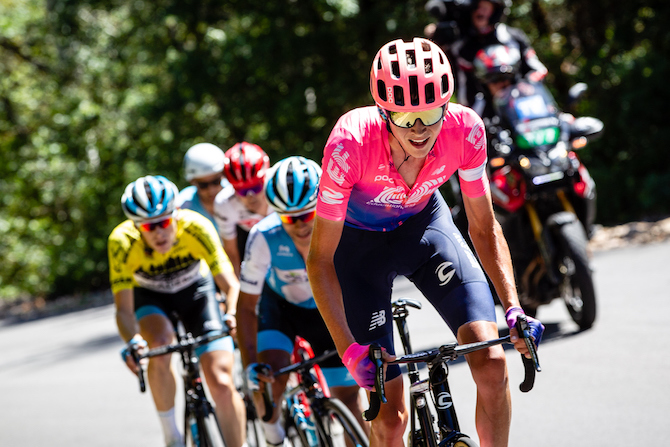
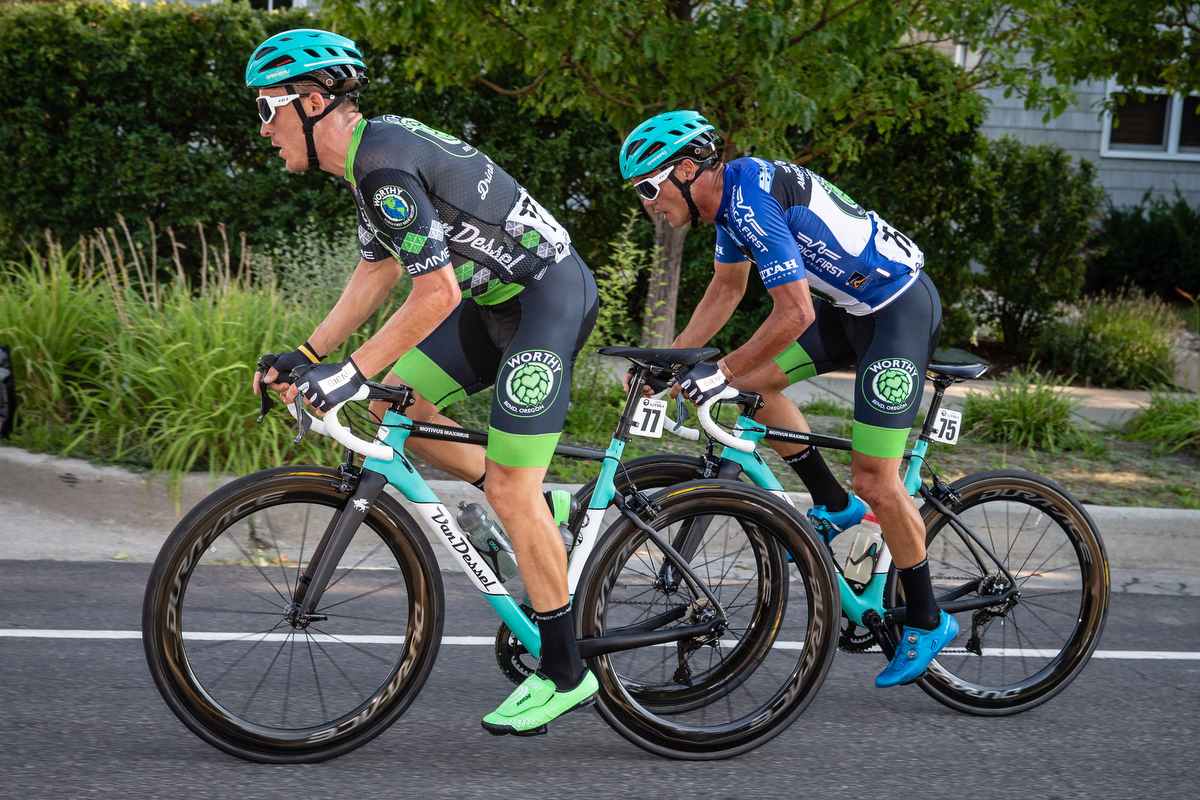
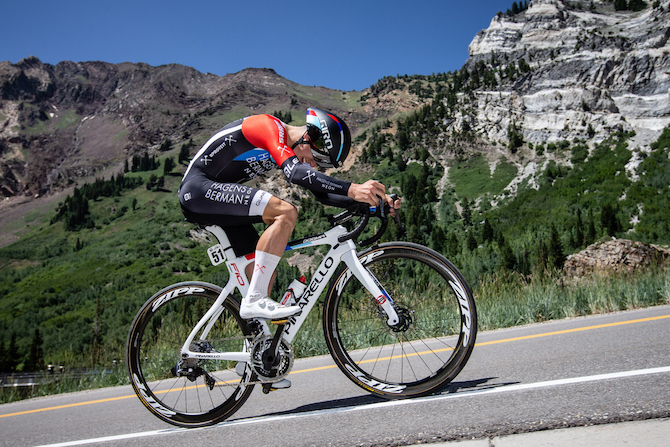
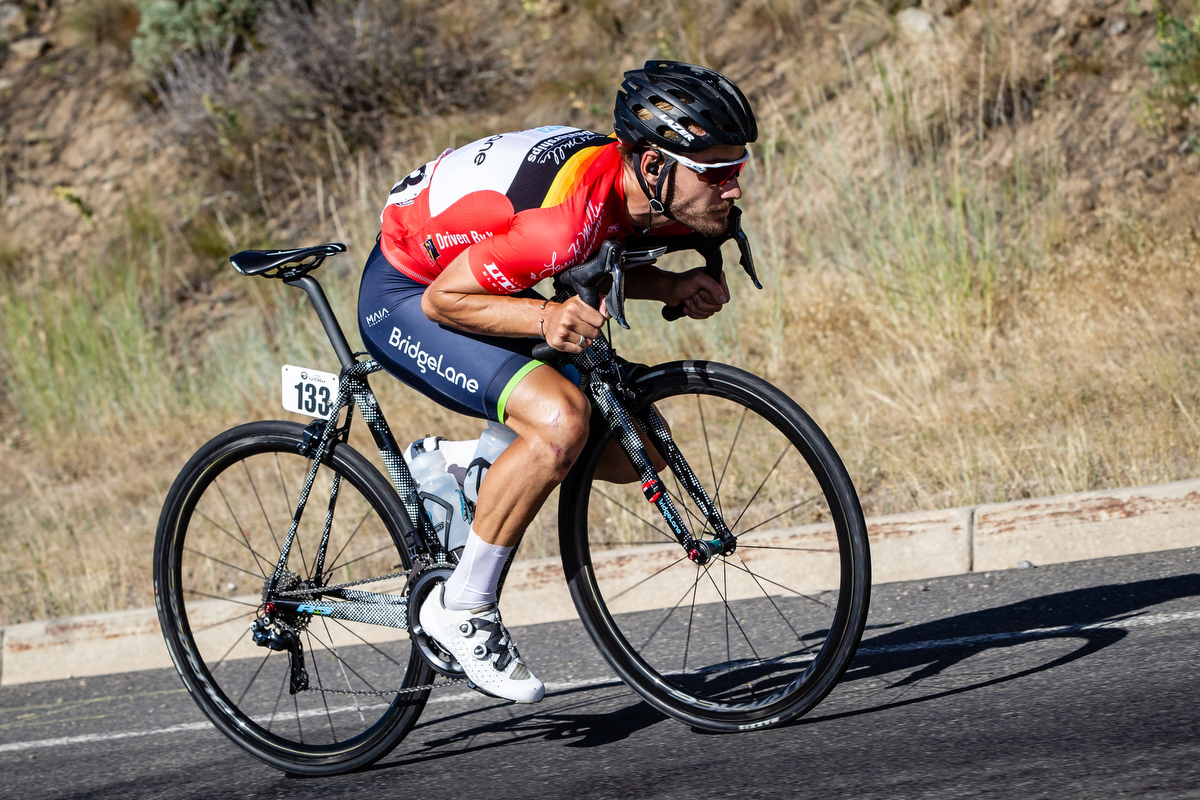
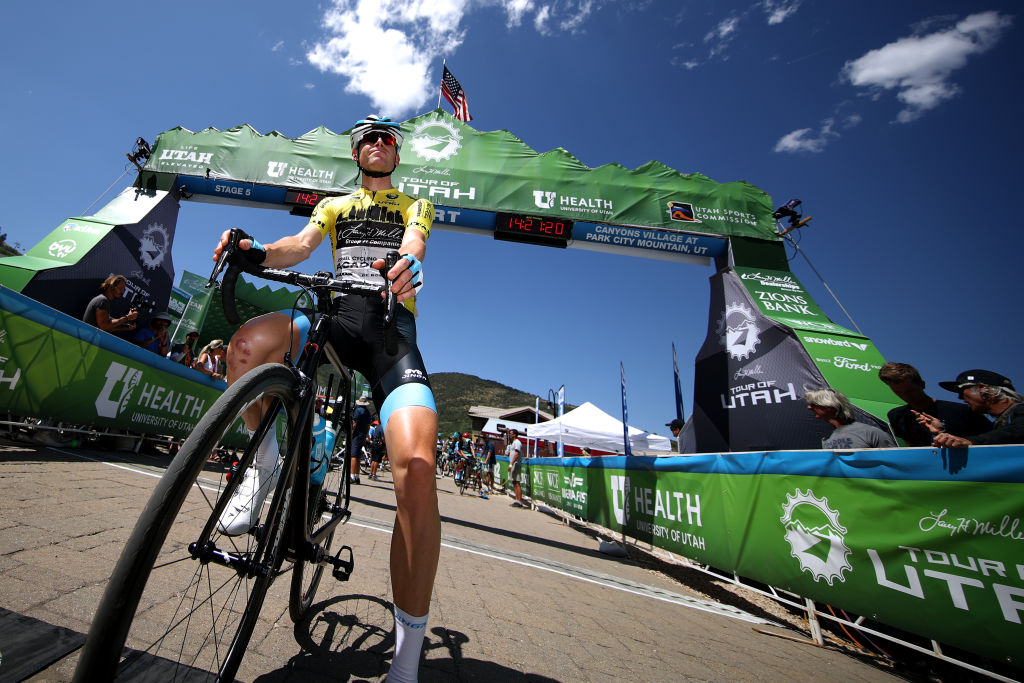
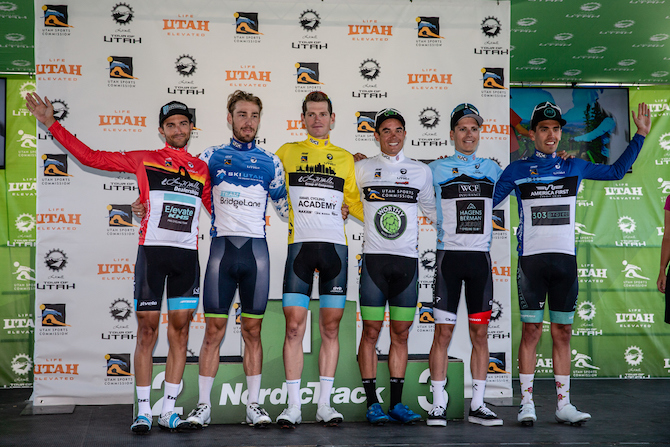
The Larry H. Miller Tour of Utah tinkered with the racing formula slightly in 2019, choosing to offer shorter stages that the riders at the post-race press conference universally praised for the added level of excitement they brought to the seven-day 2.HC race.
In 2018, the race was typical Tour of Utah fare, covering 878.3km over the seven days, with the longest day reaching 188km, and the shortest day – the Salt Lake City circuit race – offering just 109.4km.
In 2019, the race covered 767.8km over the seven days, with the longest day reaching just 139.9km and the Salt Lake City circuit again the shortest at 86.5km.
The shorter stages produced more unpredictable racing, while the overall winner was still the person who climbed consistently well in the Beehive State's high altitude.
"Bike racing has a script," said EF Education First's Joe Dombrowski, winner of the final stage in Park City and third overall. "The breakaway goes away. Someone chases the breakaway. And if it's a stage where someone is pretty confident they can win, then they're going to bring the breakaway back, and they're going to race for the win.
"There's this whole period in between where we're just kind of riding around," Dombrowski said. "The longer the stage, the longer the amount of time we're just sort of riding around. It's not really interesting. In the Tour de France, that's when they start showing helicopter shots of castles and whatever else.
"So I think that having shorter stages is a good move, and I think we're seeing see other races doing that, too," he continued. "From my perspective, in this race there wasn't much time when we were sort of just noodling. At races when we are, I think it's kind of boring. I don't think it's particularly exciting for the people watching and, in the end, I don't think it really changes the result."
The latest race content, interviews, features, reviews and expert buying guides, direct to your inbox!
Travis McCabe, the Worthy Pro Cycling sprinter who took home the points jersey for the third consecutive year, agreed with Dombrowski, with the caveat that he would like more sprint stages. This year's race lacked a pure sprint stage for the fast-men.
"It was a good idea to have shorter stages," McCabe said. "For us, it means that we're not in the heat as much. Everyone has slightly fresher legs, and I also don't think it changes the result. No matter what, you're going to see Ben [Hermans] win. Powder Mountain decided everything, and then it just added another kind of element into how the tactics played out and what the racing was like.
"It made it more aggressive, and I think it made it more exciting for the fans," McCabe added. "It also made it more exciting for the riders, too, because you have to change up your tactics quite a bit when it's 20 miles shorter than you're used to. For sure, it made it harder."
The only dissent in the post-race press conference was mild in nature and came from João Almeida, the 21-year-old Hagens Berman Axeon rider who was second on the final stage, fourth overall and the race's best young rider.
"I'm younger than everyone here, and I came from the juniors and under-23s, where it's always like this," he said, eliciting laughter from the other riders. "I think I'm more used to it. I think it's way more fun for the stages to be shorter, because it's more intense.
"The Tour of California had a few six-hour days, five-and-a-half... But this race is at altitude every day, and in the heat and everything, so I think it makes it the tougher race."
Team Bridgelane's Hayden McCormick was the winner of the mountains jersey, and also liked the 2019 parcours.
"It was good this year – especially having a few stages like Saturday's stage, where they could have finished with the uphill, but having that short descent gave a few guys the opportunity to make it back if they were a little bit gassed," he said.
"Every day was super exciting, starting with the prologue, too. It was short, but you could lose some time there because it was so high and so hard. It was a pretty great race."
Dombrowski added that he'd like to see the trend carry over to other races.
"Not just here, but bike racing in general should have slightly shorter stages," he said. "I do think there's a place in the Classics for having a really long day – and also in the Grand Tours, you need one or two six-hour, four-big-climb mountain days."
For 2019 winner Ben Hermans (Israel Cycling Academy), the stages in Utah provided a proper challenge, and he said the race is not only "America's toughest" – as the race bills itself – but simply the toughest race, including races in Europe.
"It's for sure the toughest race," Hermans said. "It's tougher than the Tour of California, and it's also tougher than the races in Europe, I think. It's so hard to climb at this altitude."
Growing up in Missoula, Montana, Pat competed in his first bike race in 1985 at Flathead Lake. He studied English and journalism at the University of Oregon and has covered North American cycling extensively since 2009, as well as racing and teams in Europe and South America. Pat currently lives in the US outside of Portland, Oregon, with his imaginary dog Rusty.
